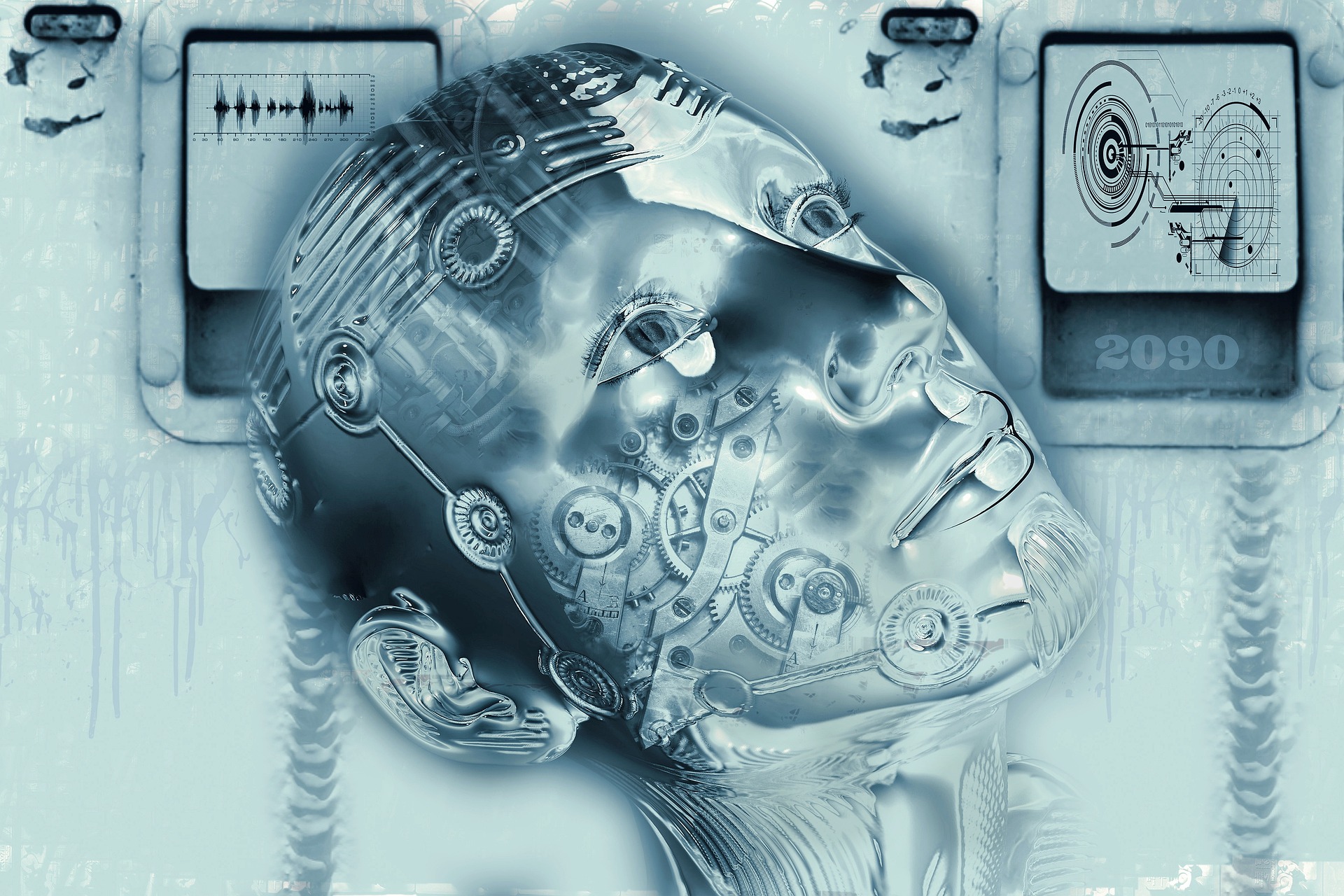Artificial Intelligence (AI) has been developing at an unprecedented pace in recent years. With this rapid development comes a growing concern about the ethical implications of AI. As AI becomes more intelligent and capable of performing tasks that were once thought to be exclusively the domain of human beings, it is important that we consider the ethical implications of AI and ensure that it is used in a way that is consistent with our values and moral principles.

One of the most pressing ethical concerns regarding AI is the potential for it to be used to automate jobs and replace human workers. While there is no doubt that AI has the potential to be highly effective in performing certain tasks, such as data analysis and repetitive manufacturing tasks, the widespread adoption of AI in the workplace could lead to significant job losses and economic disruption. It is therefore important that we consider the ethical implications of AI in relation to the impact it could have on the job market and work to ensure that the benefits of AI are shared fairly and equitably.
Another ethical concern surrounding AI is the potential for it to be used to perpetrate harm. For example, AI could be used to develop highly advanced weapons systems that could cause significant damage and loss of life. Similarly, AI could be used to create highly sophisticated surveillance systems that could infringe on individual privacy and civil liberties. It is therefore important that we consider the ethical implications of AI in relation to its potential for causing harm and work to ensure that AI is developed and used in a way that is consistent with our values and moral principles.
A further ethical concern relating to AI is the potential for it to be biased or discriminatory. AI is only as unbiased as the data it is trained on, and if the data used to train AI is biased, then the AI itself will be biased. This could lead to discrimination against certain groups of people, such as those from minority backgrounds, and could perpetuate existing social inequalities. It is therefore important that we consider the ethical implications of AI in relation to its potential for bias and discrimination and work to ensure that AI is developed and used in a way that is fair and equitable for all.
In addition to these ethical concerns, there are also broader philosophical questions about the nature of AI and its relationship with humanity. Some argue that AI could eventually surpass human intelligence and even develop consciousness, raising profound ethical questions about the moral status of AI and its relationship with human beings. Others argue that AI could be used to enhance human capabilities and extend our own intellectual and physical capacities. It is therefore important that we consider the ethical implications of AI in relation to its potential to transform human life and work to ensure that AI is developed and used in a way that is consistent with our values and moral principles.
In order to address these ethical concerns, it is important that we develop a framework for ethical AI development and use. This framework should be based on a set of guiding principles that are grounded in our values and moral principles. These principles should include a commitment to fairness and equity, a recognition of the potential for harm, a commitment to transparency and accountability, and a recognition of the need to respect individual privacy and civil liberties.
In addition to these guiding principles, there are also specific ethical guidelines that should be followed when developing and using AI. These guidelines should include a commitment to using unbiased data, a commitment to avoiding discrimination and bias, a commitment to ensuring the safety and security of AI systems, and a commitment to ensuring that the benefits of AI are shared fairly and equitably.
Ultimately, the development and use of AI is a complex and multifaceted issue that requires careful consideration of a range of ethical concerns. While AI has the potential to transform our lives in profound ways, it is important that we ensure that this transformation is consistent with our values and moral principles. By developing a framework for ethical AI development and use, we can help
Thanks, Anon, It is me Alleandre Hook. I will be supporting you and visiting your website. 😁